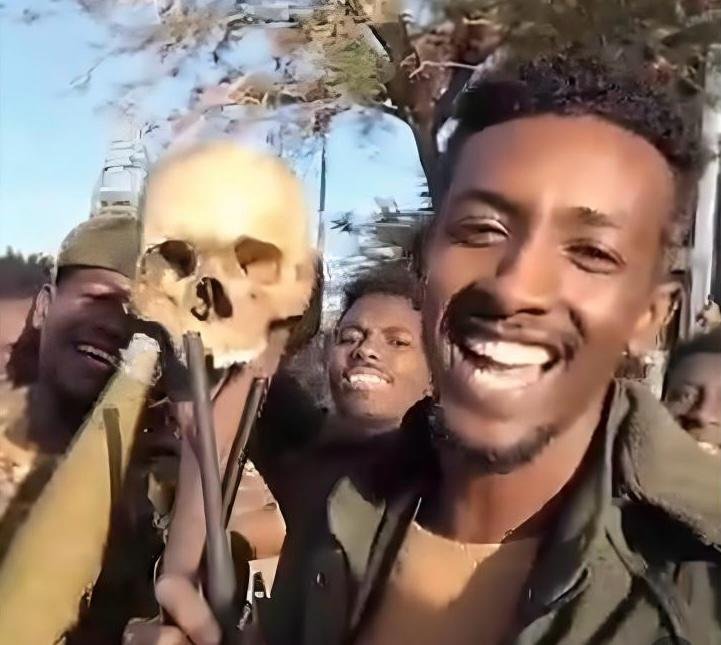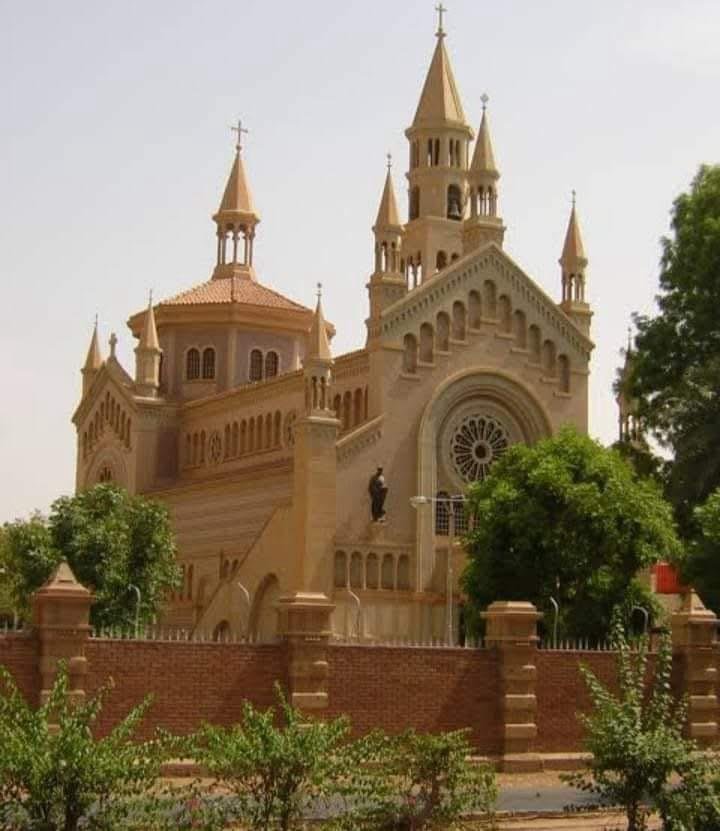Report: SPT
The international organization of the Muslim Brotherhood and its various affiliates across multiple countries have a well documented record of promoting extremist ideologies, fostering a climate of hatred among communities, and supporting terrorist activities.
Over the past two decades, the group and several of its branches have been designated as transnational terrorist organizations and banned in a number of countries, including Russia, Kazakhstan, Egypt, the United Arab Emirates, Saudi Arabia, Jordan, and Austria. Additionally, numerous other nations have imposed strict and heightened measures against the group and its operations.
In the United States, calls within Congress to designate the Muslim Brotherhood as a “terrorist organization” have grown louder. The most recent came on Tuesday, June 3, when Congressman Jared Moskowitz (D-Florida) sent a letter to President Donald Trump, urging a comprehensive investigation under U.S. law into the group’s activities, as a step toward designating it a Foreign Terrorist Organization. Moskowitz noted that several of the United States’ allies and strategic partners have already taken this step.
Sudan’s Muslim Brotherhood Branch: A Legacy of Global Terrorism and Civil War
While several affiliates of the Muslim Brotherhood’s international network, such as Egypt’s Muslim Brotherhood, Hamas, and Palestinian Islamic Jihad, have gained global notoriety, Sudan’s Islamic Movement, locally known as (Al-Kizan), stands out as the organization’s most powerful and dangerous branch since the founding of the parent group in 1928 by Hassan al-Banna in Egypt.
The Sudanese branch holds the distinction of being the Brotherhood’s first foreign affiliate to seize power in a Sunni-majority country. It ruled for more than 30 years after orchestrating a military coup against Sudan’s democratically elected government on June 30, 1989, sustaining its grip through systemic repression and violence until its overthrow in a mass popular uprising in April 2019. This prolonged rule enabled the group to fully implement its ideological project, revealing its true nature, both in theory and practice.
A Track Record of Atrocities and Global Terror Links
During its rule, the Islamic Movement presided over widespread atrocities, including the torture and assassination of politicians and labor activists. The regime also harbored high-profile terrorists such as Osama bin Laden and Ayman al-Zawahiri between 1992 and 1996, and served as a planning hub for the 1998 U.S. embassy bombings in Kenya and Tanzania. Additionally, it was behind the 1995 assassination attempt on former Egyptian President Hosni Mubarak in Addis Ababa. Several of its members later joined ISIS and took part in combat operations in Syria and Iraq.
Role in Sudan’s Current War

In the ongoing Sudanese civil war, dozens of militias affiliated with the Islamic Movement including the “Al-Baraa bin Malik,” “Al-Barq al-Khatif,” and “Al-Bunyan al-Marsous” brigades, are actively engaged in combat. These units have committed documented atrocities against civilians, with widely circulated videos showing fighters beheading unarmed individuals and disemboweling victims in graphic and disturbing acts of brutality.
Political and Civil Calls to Designate Sudan’s Islamic Movement as a Terrorist Organization
Sudanese political parties and civil society groups are increasingly demanding a ban on the Sudanese Islamic Movement’s political activities and its designation as a transnational terrorist organization, amid escalating security threats linked to its operations.
In an exclusive statement to Sudan Peace Tracker, Khalid Omar Yousif, former Minister of Cabinet Affairs during the transitional period preceding the military coup against the civilian government and a current leader in the “Sumoud” Alliance led by former Prime Minister Abdalla Hamdok, said:
“Recent calls within the U.S. Congress, where several lawmakers have pushed for legislation to designate the Muslim Brotherhood as a terrorist organization, coincided with a recent French government report warning that the group poses a threat to national cohesion. Jordan also banned the Brotherhood’s activities in late April, following similar measures taken by Saudi Arabia, the UAE, and Egypt, which officially designated the group as a terrorist organization, alongside other countries that have curtailed its subversive activities.”
Yousif added: “The Sudanese Islamic Movement’s agenda has deeply fractured Sudan through division and genocide. Today, it continues to afflict the country by fueling the April 15 conflict and prolonging it, resulting in one of the world’s most severe humanitarian crises.”
Expressing his full support for designating the Muslim Brotherhood as a transnational terrorist organization, he emphasized: “Intensifying pressure on this terrorist group and isolating it is essential to restoring stability in many regions severely affected by its activities. We hope this awakening will lead to coordinated international and regional efforts to effectively counter and contain the threat of terrorism, thereby contributing to peace and stability throughout the region.”
In the same context, Babikir Faisal, Head of the Executive Bureau of the Unionist Alliance and a leader in the “Sumoud” Alliance, after citing numerous documented cases of crimes attributed to the Sudanese Islamic Movement, stated:
“In my personal view, the Islamic Movement is an extremist group that glorifies violence and advocates the physical elimination of political opponents. Therefore, it is imperative to designate it as a terrorist organization.”
In an interview with Sudan Peace Tracker, Abdulmunim al-Jak, a researcher in social sciences and civil society, stated that political forces failed to take decisive action following the December Revolution to uproot the Islamic Movement Sudan’s branch of the international Muslim Brotherhood.
“It was essential to dismantle the movement from its foundations,” he said, “by eliminating its presence in the military and security apparatus, the media, and its control over financial and economic resources. These were the tools it used to perpetrate terrorism inside Sudan for three decades and to export it to neighboring countries on multiple occasions.”
He added that the revolution should have, from the outset, designated the Islamic Movement and affiliated Islamist factions as terrorist organizations. “That step,” he noted, “would have enabled the severing of their funding networks and cut ties with the global Muslim Brotherhood.”
Al-Jak warned that the Islamic Movement has since regrouped and played a key role in both preparing for and igniting the April 15, 2023 war. “It is now actively resisting efforts to end the conflict, aiming to re-establish a secure foothold in power just as it had before being ousted by the 2019 revolution.”
Nasredeen Abdulbari, Sudan’s minister of justice during the transitional period, told Sudan Peace Tracker:
“The Muslim Brotherhood and its affiliated organizations in Sudan must be designated as terrorist groups due to their longstanding role in perpetrating acts of violence and terrorism, undermining democratic transitions through force, and promoting religious, ethnic, and regional extremism.”
He added: “The group played a central role in shaping the country’s repressive security institutions, contributed to the execution of the October 25, 2021 coup, and was a key instigator of the devastating April 15 war. It continues to engage in overt and covert efforts to destabilize Sudan and threaten its future.”
Abdulbari concluded: “Given its historical ties to global jihadist networks and its well-documented record of inciting sectarianism and armed violence, designating it as a terrorist organization constitutes a crucial step toward dismantling extremist networks, delivering accountability, and laying the groundwork for genuine peace, enduring democracy, and lasting stability in Sudan.”




